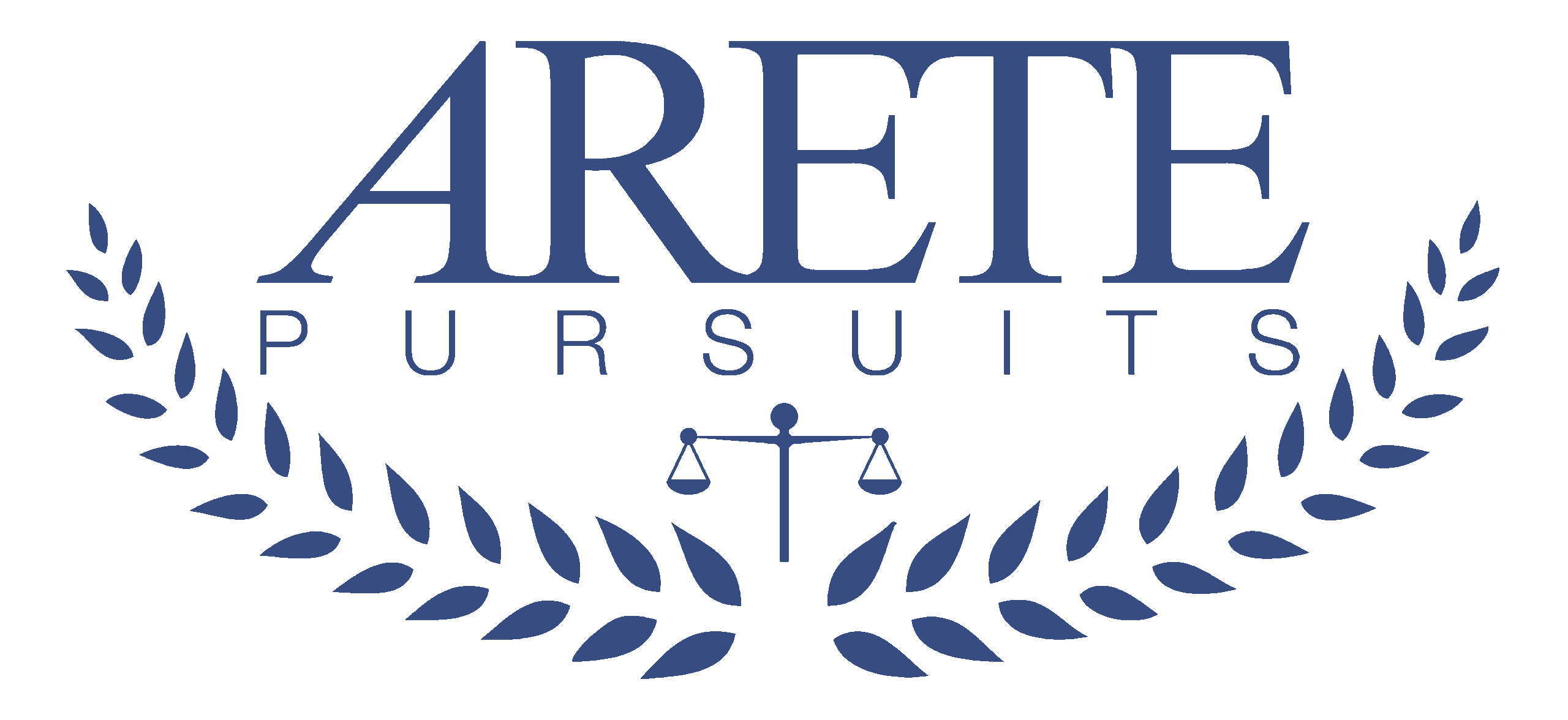I have two clients who recently took a vacation. In both cases, they were intentional about harmonizing their personal and professional lives. When they returned, they shared two things. First, they were more rested, recharged, and ready for work than on any previous vacation. This newfound energy and focus can be yours too. Second, they were gifted with a new level of awareness about their leadership ability. By disconnecting from work, they were able to gain a fresh perspective and enhance their leadership skills.
With the summer vacation season upon us, we can learn valuable lessons from their experiences—both for ourselves and in how we lead our teams.
Being Intentional
Take a moment and reflect on the last several vacations you took. How intentional were you as you prepared for the vacation? Here are a few prompts to consider:
- Did you get loose ends resolved or delegated so you had no professional obligations while out?
- Did you name someone to field issues in your absence?
- Did you set clear expectations with your colleagues about your availability?
- Did you enter vacation expecting to do work or expecting to unplug?
- Did you bring your laptop with you?
Both my clients were intentional about entering their vacations ready to unplug fully. I shared my best practice of naming someone as the point of contact in your absence and setting the out-of-office (OOO) email response to direct all inquiries to that person. This not only ensures a smooth workflow in your absence but also empowers your colleagues to handle issues on their own, fostering a sense of trust and teamwork.
Committing to unplugging entirely means not looking at email, Slack, or Teams. I find it helps me to make that commitment explicit to my colleagues before I leave on vacation. I tell them I will not be checking email until I return. They must text or call me if they have something that requires my attention. I usually say the same thing in my OOO response.
I’ve found this technique works remarkably well. When the expectations are clear, very few things arise where people feel a need to disrupt your vacation. When they are unclear, people send you emails and hope (or even assume) they will get a response and don’t take action themselves. Or worse, you feel guilty and proactively check your email because you fear that will happen.
Both clients prepared well and were rewarded with vacations that were 100% vacation. There was not a single issue from work.
If you have never had this experience, I assure you it is qualitatively different than “only working 30 minutes a day” on your vacation. You have to experience it firsthand to appreciate it. My clients will never look at vacation the same again. Perhaps more importantly, they’ll carry that appreciation into their interactions with their teams.
Leadership Awareness
Take a moment to reflect on your experience transitioning from vacation back to work. Here are a few prompts to consider:
- Did you allow yourself transition time, or did you dive right back into meetings?
- How many fires awaited you?
- How quickly did you lose the “vacation glow”?
I’m a Maximizer. I like to pack everything in as efficiently as I can. I remember a vacation early in my leadership career where we arrived home Sunday evening, and I was back at work with a regular meeting schedule the next morning. The experience was painful. I spent several days in a dysregulated state as I struggled to catch up.
That practice evolved to one where I’d get home with at least one day to spare to spend that Sunday catching up on emails and the fires. Eventually, I evolved it further, blocking a half-day Monday morning for the catch-up.
I’m pleased to share that my clients had a different experience. They returned from vacation expecting fires and discovered they had none. Their teams demonstrated they had reached a level of proficiency in their roles that enabled them to deal with the fires successfully.
They found email and Slack threads filled with issues that they would have jumped on themselves if they had been in the office. Each time, their teams resolved the problem on their own.
The vacation experience showed them they were not delegating enough. Their leaders could be trusted to get the job done. The insight allowed them to “get up in the balcony” and start operating more strategically.
One of my clients was struggling with all of her new-found time. Should she go to her leaders and pick up some of their work? I reminded her of one of my favorite delegation stories – Molly Graham’s ”Give Away Your Legos” metaphor.
Think of your previous job as if you were building a Lego tower as a child. Having a great big pile of Legos to work with was delightful. Your instinct was to hoard your Legos so you could build the best tower possible.
As you get promoted, if you hold on to your Legos and keep working on the same tower, you’re not helping your team grow or allowing yourself to grow. You must give your Legos away to find a new set of Legos to build an even more majestic tower.
My client and I shifted our discussion to opportunities for her to find new Legos and build a new tower. She quickly identified several ways she could support her boss and peers to have a more significant impact on the organization. I watched her level up before my eyes. We celebrated her learning with great enthusiasm.
Setting An Example
If you don’t feel you can fully unplug on your vacation, reflect on why that is:
- Does your boss expect you to work on vacation?
- Do your company culture and values promote a healthy work-life balance?
- Do you feel personally compelled to work even when your boss and organization tell you otherwise?
- Are there critical responsibilities that you feel only you can handle?
If your boss or organization actively encourages you to work on vacation, this probably requires a gut check. Are you in the right role? Most of the time, when I explore this scenario with a client, I find that the organization supports their unplugging. But they have an internal assumption that they should not do so. They sometimes feel it’s necessary for them to get ahead.
If you find yourself in that situation, ask yourself whether you also want your team to behave that way. Nine times out of ten, when I pose this question to a leader, they realize they have fallen into the “Do as I say, not as I do” trap. They want their employees to unplug on their vacation fully. They want to be the leader that creates an environment that supports that. They are unaware that by not unplugging themselves, they are sending their team a message that they should be working on vacation to get ahead.
My two clients understand how much more productive their teams will be if they have a vacation experience like the one they just had. They will be role models, leading by example and insisting their teams follow suit.
Putting It Into Practice
Entirely unplugging on vacation has benefits for you both personally and professionally. Keep these tips in mind as we enter the summer season:
- Set clear expectations with your colleagues that you will be fully unplugged.
- Identify a point of contact to field issues in your absence.
- Build transition time in for when you return from vacation.
- Trust your team to lead in your absence.
- Use their successes to increase your delegation when you return.
- Set an example for your team that unplugging is valued.
I am an executive coach and life coach with software executive roots in higher education and EdTech. I coach because I love to help others accelerate their growth as leaders and humans. I frequently write about #management, #leadership, #coaching, #neuroscience, and #arete.
If you would like to learn more, schedule time with me.
Want to comment? Join the conversation on LinkedIn.

